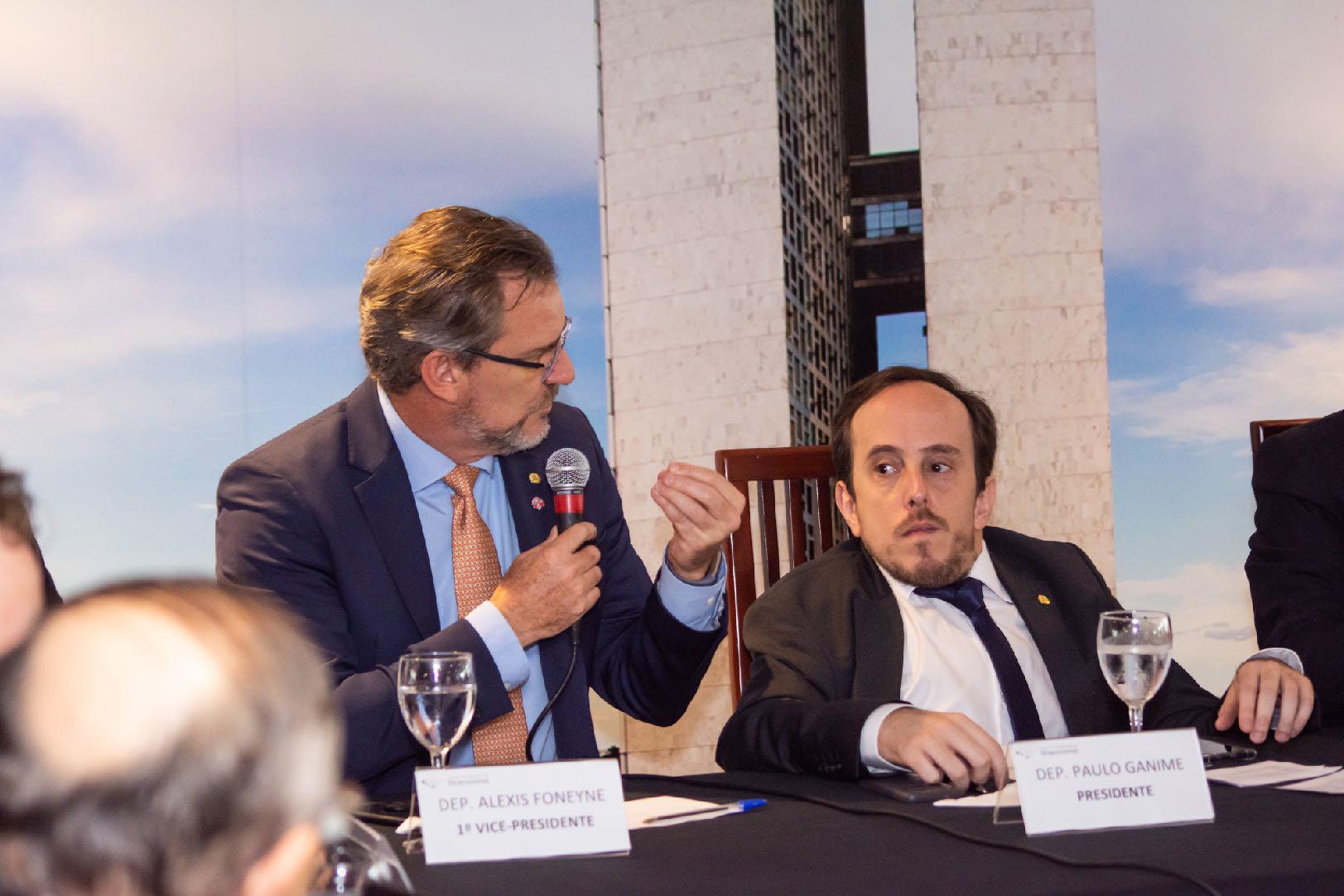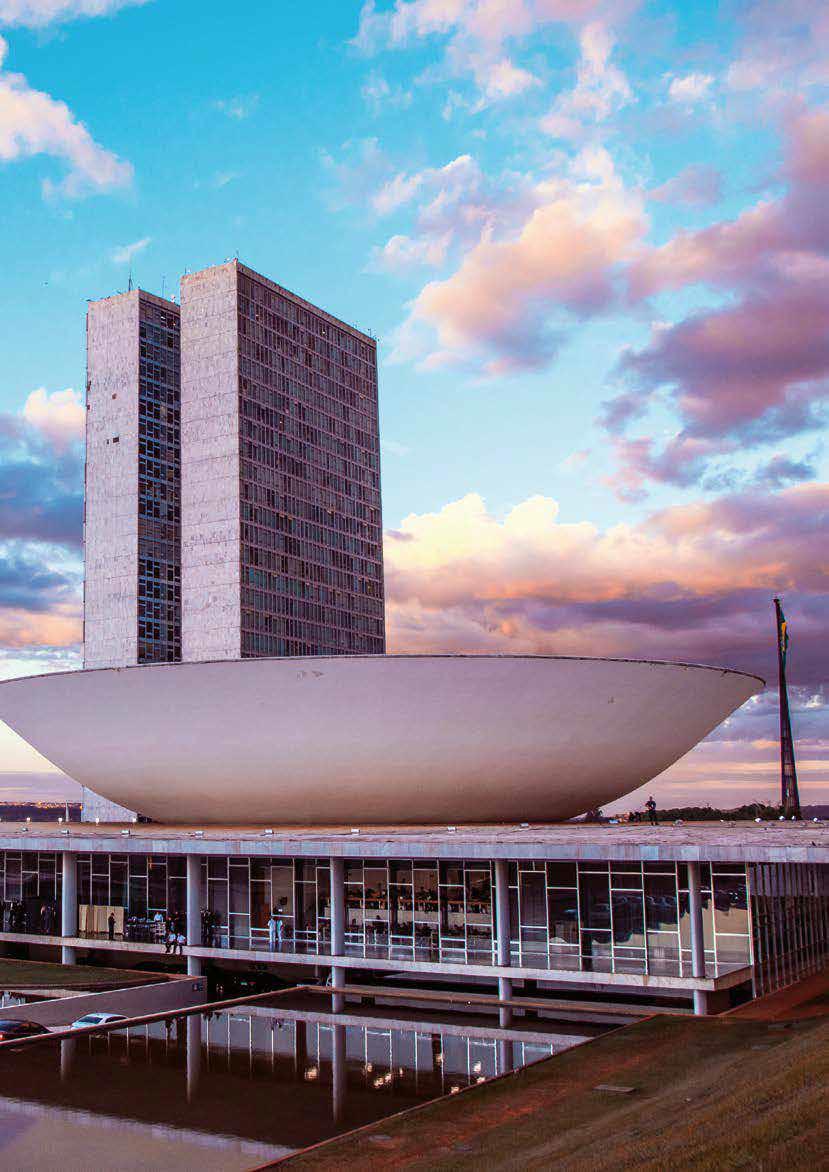NOVO REPRESENTATIVES BRAZIL’S LOWER HOUSE
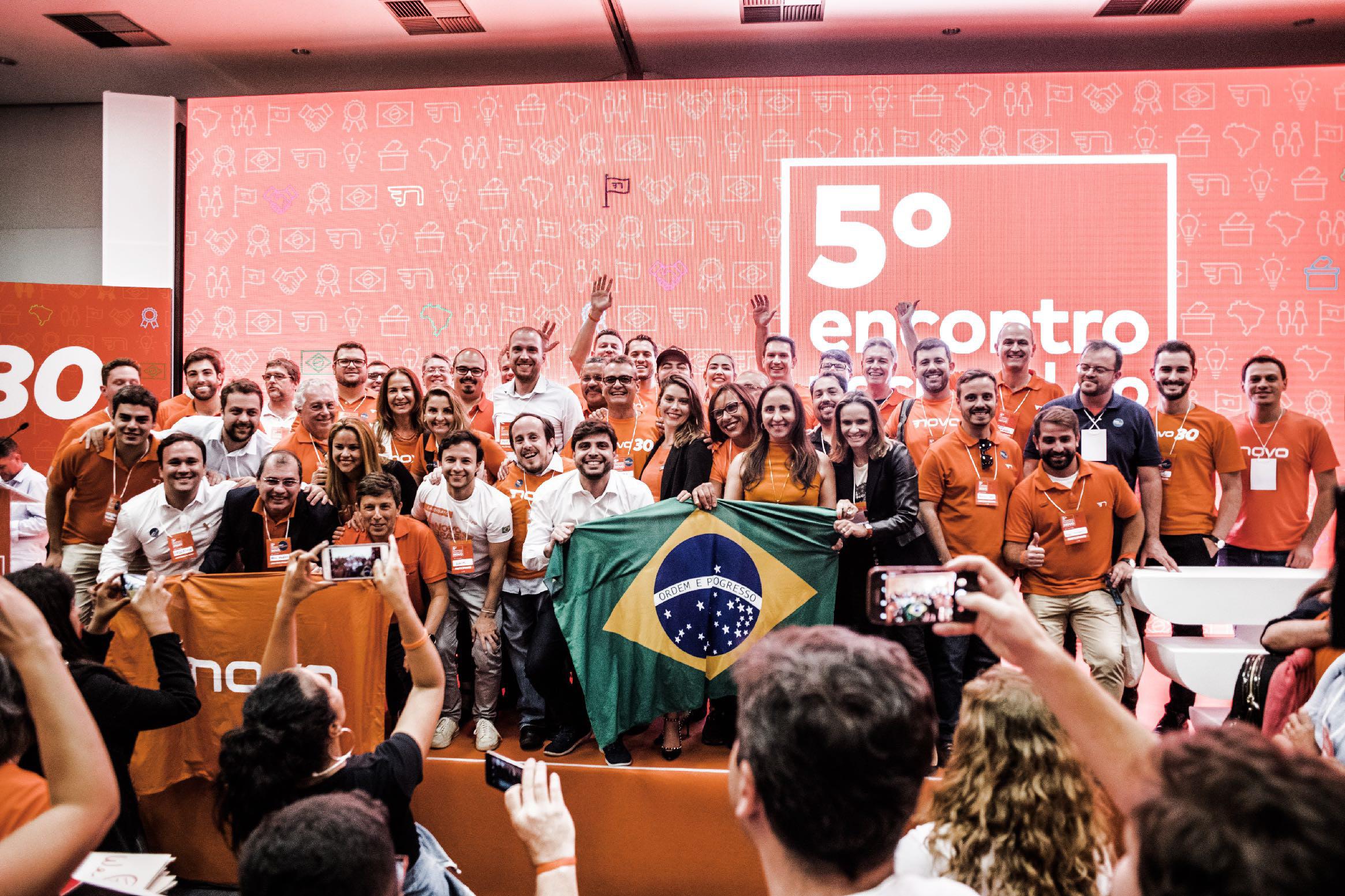
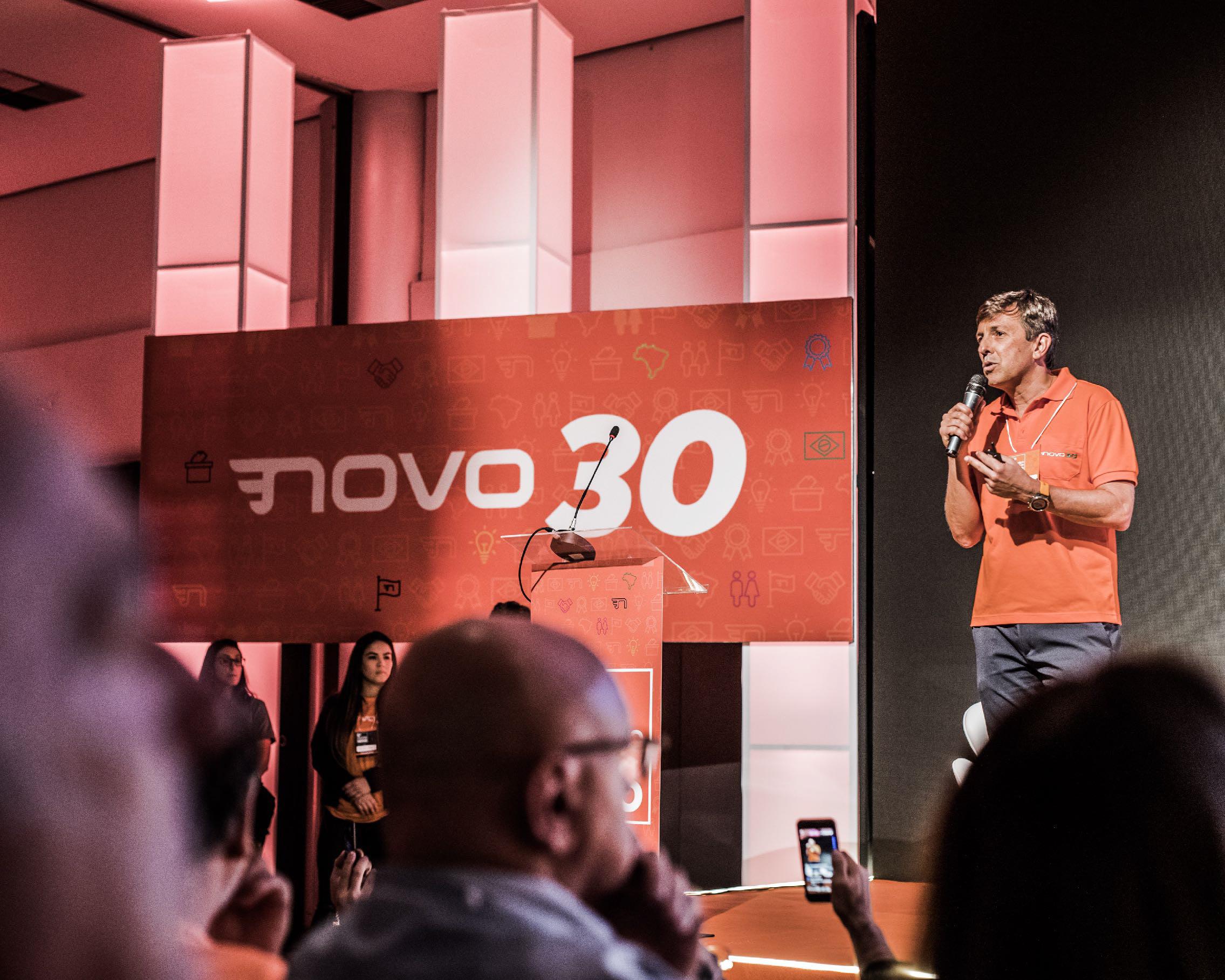
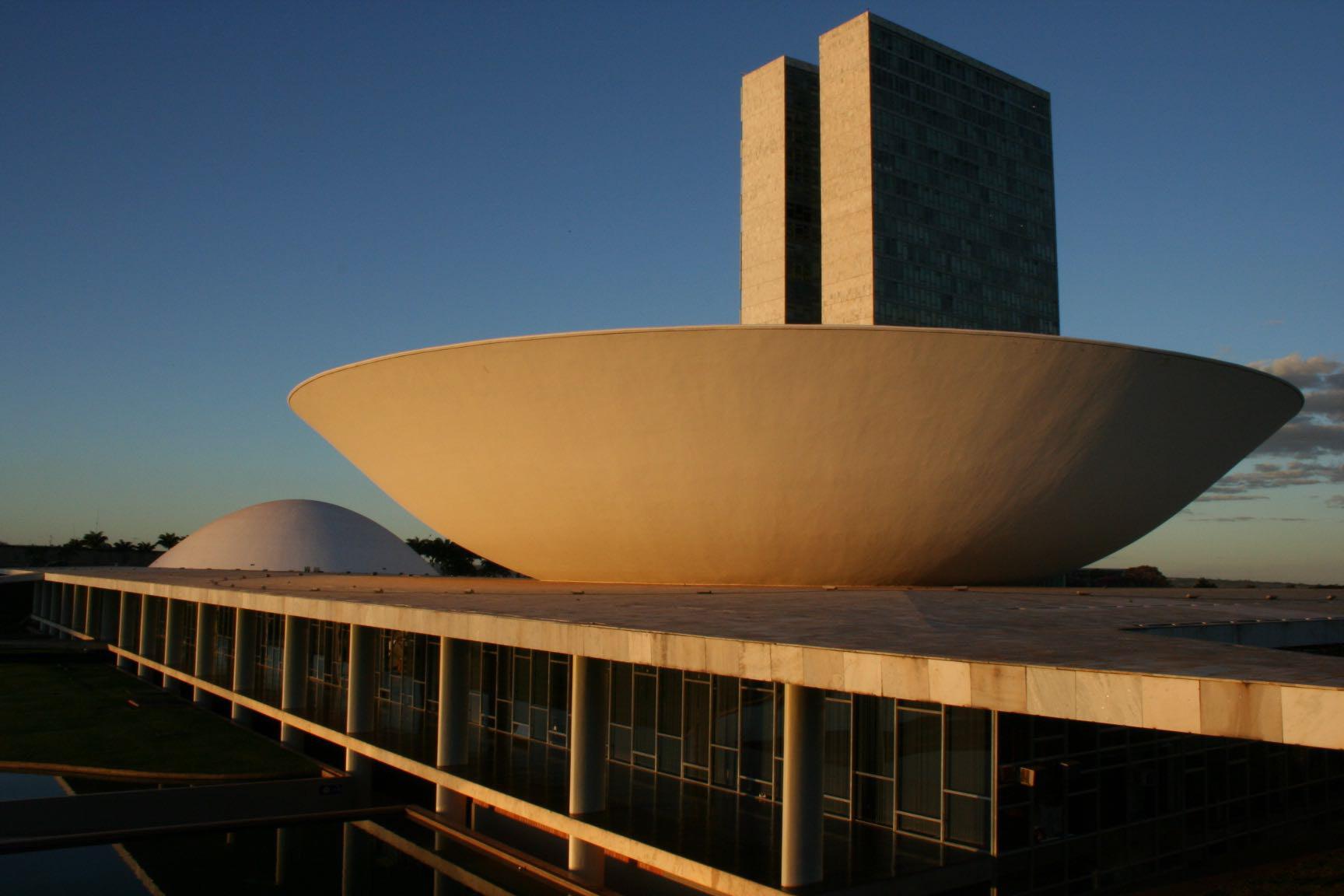










NOVO's representatives in the Lower House of the National Congress in Brazil (Chamber of Deputies) are committed to liberty, free enterprise, the rule of law and other foundational principles. NOVO’s commitment to these principles has translated into real results for Brazilian taxpayers, a brighter future for Brazil, and national and international recognition for the ideas NOVO represents.
Even before arriving to Parliament , all NOVO candidates together earned more than 2 .7 million votes nationwide, an amount that far exceeded the 1.5 million minimum needed to surpass a recently established performance clause that eventually eliminated traditional political parties from the Brazilian electoral system.

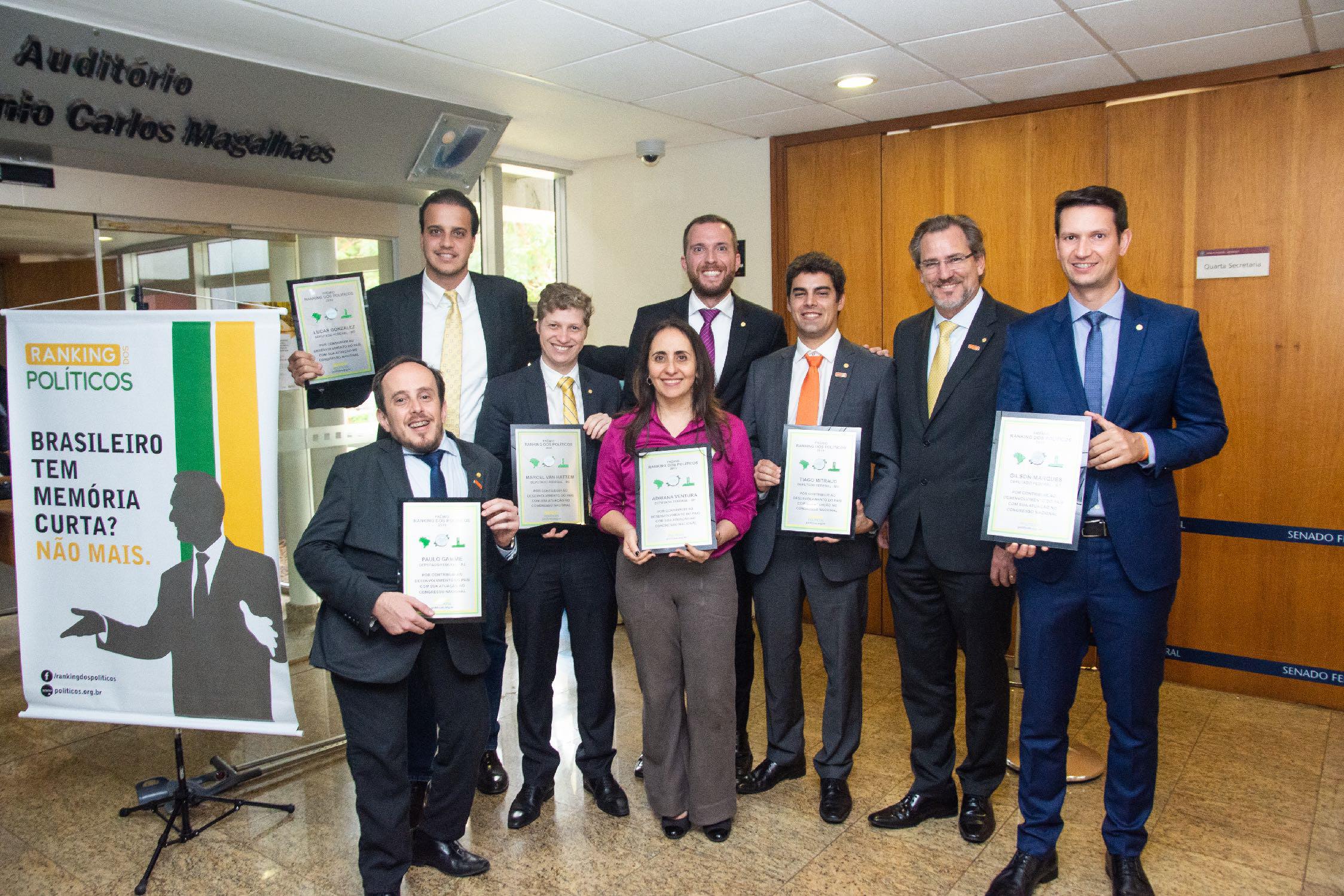
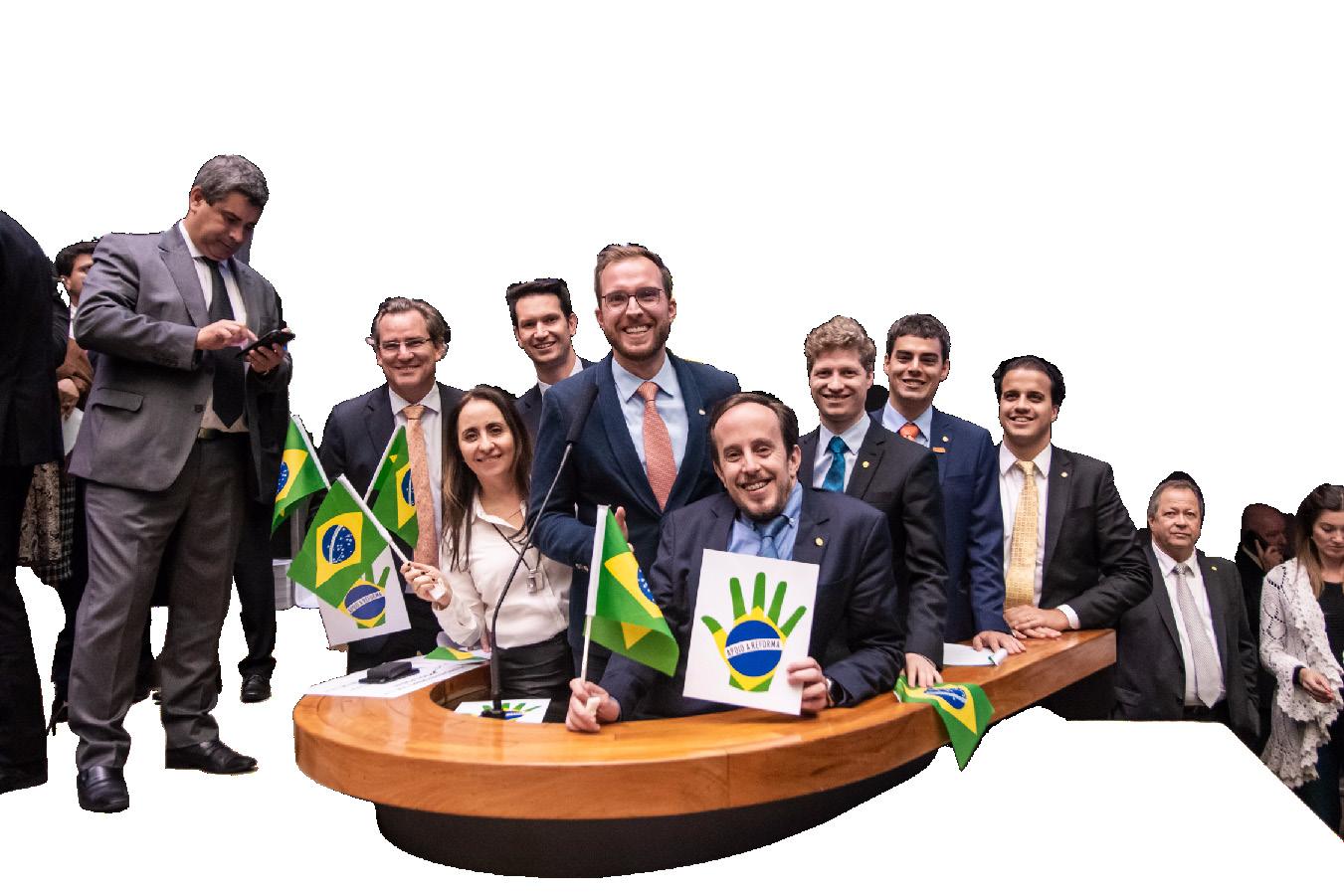

NOVO defends classical liberal principles like liberty, the rule of law, free enterprise while fighting against corruption and crony capitalism. We began our terms by cutting our own costs and taking a leaner, more strategic approach to hiring staff. No NOVO MP uses more than 50% of their available office budget , nor do we hire more than half the number of advisers we are entitled to.
In a poor countr y like Brazil, the priorities need to be different , starting by respecting the taxpayers' money and investing in basic areas such as public safety, health and education. Our own cost-savings have preser ved more than $2 .8 million USD in taxpayer funds.
The Ranking dos Políticos (Politicians Ranking) measures performance by assessing attendance at sessions, cabinet spending, commitment to fighting corruption, and having less state inter vention in the economy. 8 NOVO MP’s made Politicians Ranking list of Brazil’s best MPs.


For these and many other reasons it has been an honor for me to lead the NOVO's MPs party bench during this first year in Congress. We are an idealistic and competent team. At the end of our vacation. we chose to travel to Washington, DC. to learn from US officials and scholars ho w America is driving liberty, virtue, and freedom for ward - instead of simply resting at home. NOVO is committed to building a different , fairer and freer Brazil. Thank you for having us here!

NOVO emerged from a citizens movement dissatisfied with the Brazilian political-institutional framework in order to defend classical liberal values. Starting a new political party is no easy task. NOVO had to gather more than 500,000 signatures of Brazilian citizens, in at least 9 states, supporting the legal creation of the new party.

After four years of gathering signatures, NOVO was granted permission to participate as a regular party in September 2015, just in time to take part in the local elections in 2016. NOVO went 4 for 5 in Brazilian state capitals for city councilor races.
In the 2018 general elections, NOVO had candidates in 19 states, electing its first Governor (in Minas Gerais, the countr y 's second largest electoral college) - 8 MPs (from 5 different states), 11 state deputies (in 4 different states) and 1 deputy in the Federal District.

Although it has the right to use public resources for its ordinar y maintenance and to pay for electoral expenses under Brazilian electoral law, NOVO has never spent a penny from public resources for campaign activities and ordinar y maintenance.
NOVO is the only one out of 35 Brazilian parties supported solely by its affiliates’ $8 monthly membership and supporters’ donations.


NOVO stands behind eliminating the appropriation of public funds to political parties and reducing barriers for ordinar y citizens to start their own regional parties.
NOVO representatives are unified in a way that individual interests do not supersede principles and values. The unity is underscored by a set of guiding party precepts. These guidelines include defending classical liberal principles, even if such decisions mean grave political costs, and establishing that technical criteria must be followed when hiring staff, without the influence of political nominations and with periodic evaluation process.
ntatives in the Chamber of e a diverse group, with varied hting for a common goal: to azil into a freer and fairer countr y. O bench in Congress is composed of tatives from five states: São rais, Rio de Janeiro, Santa arina and Rio Grande do Sul. the eight first-term congressmen 1 million votes, a historic a new political party.

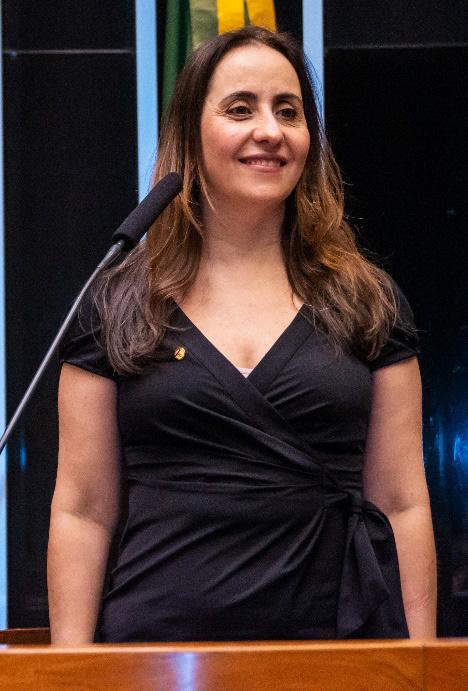
Adriana Ventura holds a degree in Public Administration, a Master 's degree and a PhD in Administration from EAESP-FGV. During her mastership, she studied at ESSEC - École Superière des Sciences Économiques (Paris). Her doctoral thesis deals with ethics of values and integrity. She is a professor at EAESP / FGV and an ntrepreneur in several segments. Since 2010, Ventura has been working at the Julita Foundation, where she was Vice President and currently Counselor, an organization that for the last 65 years has been helping people in situations of social vulnerability in Jardim São Luis, in the City of São Paulo. In love with the arts, she is a classically-trained dancer and pianist .
With a background in Mechanical Engineering and a postgraduate degree in Business Administration, Alexis Fonteyne, 52, is the former president of ANAPRE (National Association of High Performance Flooring and Covering) and an advisor to CIESP (Center for Industries of the State of São Paulo).
He is a member of the Economic Development and the Finance and Taxation Standing Committees. He is also a member of the Special Committee for the Tax Reform bill.
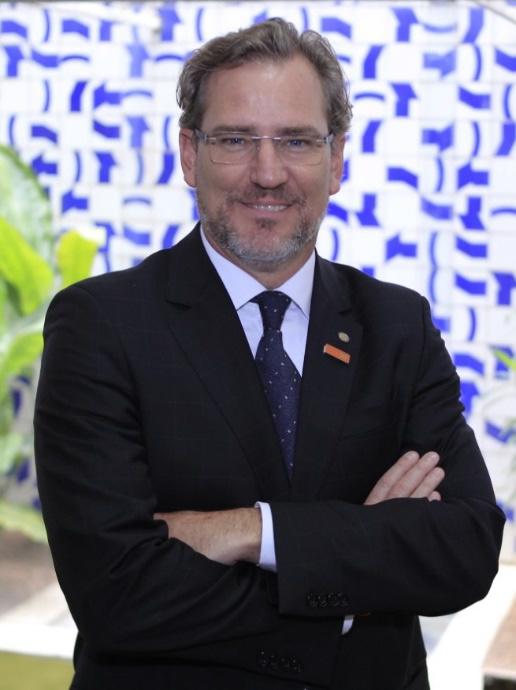
Gilson Marques, 38, is a lawyer with a postgraduate degree in Civil Law and Civil Procedural Law. He is a partner in the office where he began his professional career 15 years ago. He was a Delegate and advisor to the OAB (Order of Attorneys of Brazil) in Blumenau (in the state of Santa Catarina). He is an entrepreneur, husband and father of two, and a passionate defender of free markets and individual liberty.

He brings his experience as a jurist to the Constitution and Justice Standing Committee of the Chamber of Deputies, and is also a member of the Consumer Defense Standing Committee and of the Parliamentar y Committee of Inquir y regarding the national development bank (BNDES).
Businessman Lucas Gonzalez, 30, is a wyer and holds an MBA in Business Management . With the goal of ansforming Brazil, the main issues he stands for are youth employability, ending rony capitalism and corruption, nfrastructure improvements, as well as ansparent and effective public administration.
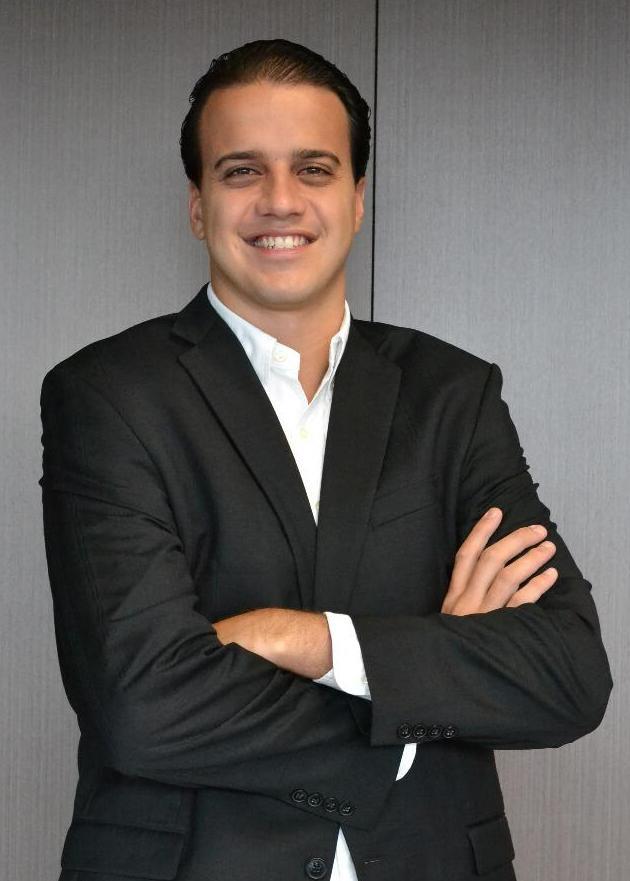
He is a member of the Mines and Energy, Labor, and Transport and Transportation Standing Committees. He also chairs the Parliamentar y Front to Combat Suicide and Self-harm. He was appointed Deputy Secretar y of Youth in the Chamber of Deputies.
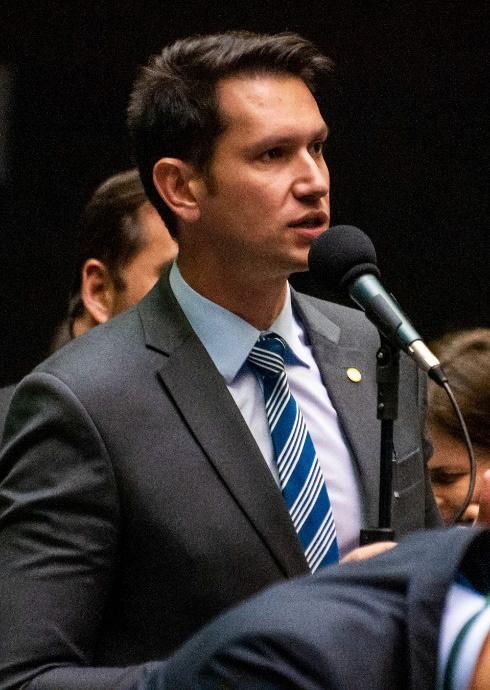
Leader of NOVO's MPs in the Chamber of Deputies, Marcel van Hattem, 34, holds a bachelor 's degree in Foreign Affairs. He holds a Master 's degree in Political Science from the University of Leiden, in the Netherlands, and in Journalism, Media and Globalization from the Universities of Aarhus, Denmark, and Amsterdam, also in the Netherlands. During his time in Europe, he worked in the international division of the Ministr y of Economic Affairs, Agriculture and Innovation of the Kingdom of the Netherlands, in The Hague. After studying abroad, he ser ved as a state deputy in the Rio Grande do Sul Assembly.
His parliamentar y work is known for the defense of economic freedom, transparency and the firm fight against corrupt and outdated ideologies.In the Chamber of Deputies van Hattem is a member of the Financial Super vision and Control, and Foreign Affairs and National Defense Committees.
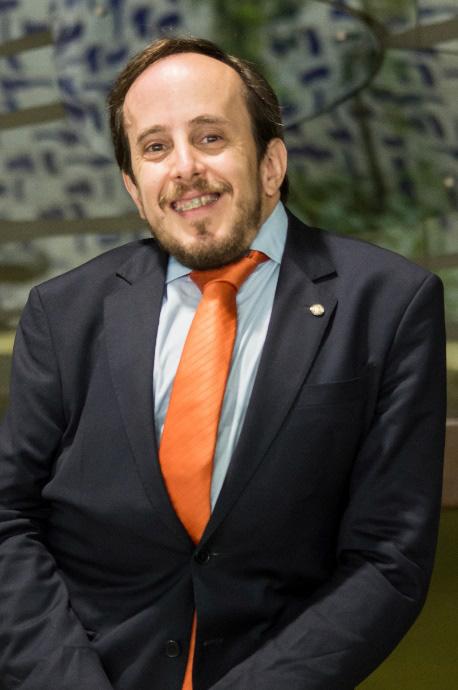
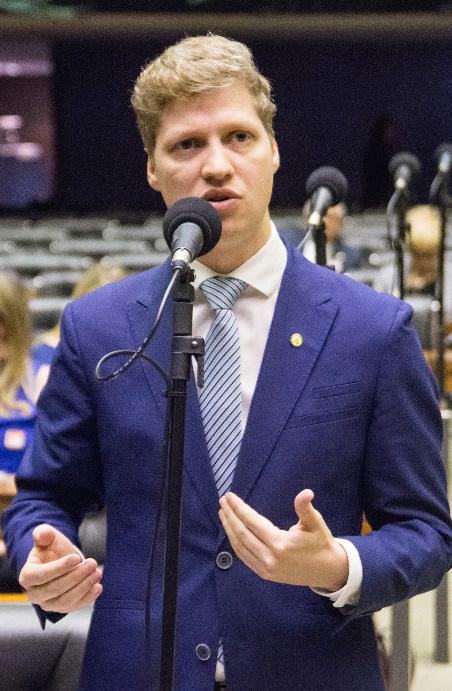

Deputy leader of NOVO's MPs in the Chamber of Deputies, engineer Paulo Ganime, 36, has 15 years of professional experience in multinationals in the areas of projects, finance, logistics and quality. He has managed cross-functional teams in Brazil, United States, Mexico, Europe, India, Thailand and China. In the Chamber of Deputies, he fights to end impunity, for robust public safety, and for more freedom for workers and entrepreneurs.
He is a member of the Science and Technology, Mines and Energy, Finance and Taxation, and Public Safety and Organized Crime Combat Standing Committees.
Deputy leader of NOVO's MPs in the Chamber of Deputies, Tiago Mitraud, 33, is a Business Administration bachelor by the Federal University of Paraná, and has ompleted the Leadership Development ogram at Har vard Business School. He was the Executive Director of Fundação Estudar and chaired Brasil Junior razilian Confederation of Junior Enterprises).

Among the main issues he has stood for in Congress this year are education, administrative reform, professional freedom and basic sanitation. He is a member of the Labor and Education Standing Committees and of the Legal Framework for Basic Sanitation, Fundeb, and Pension Reform Special Committees, besides participating in the Council of Ethics and Parliamentar y Decorum.
Business Administration bachelor, Vinicius Poit , 33, has experience with orporate restructuring, financial market and management . He is co-founder of rutaSimples, an online recruitment form, and a mentor for high impact epreneurs. Enthusiastic about social auses, he is an ambassador for NGOs that work to rescue homeless people.
He stands for economic freedom, privatization, public sector innovation and entrepreneurship. He is a member of the Science and Technology, Agriculture and Livestock, and Public Security Standing Committees and has stood out as the coordinator of NOVO on the Special Committee for the Pension Reform.

FIGHT AGAINST CORRUPTION AND IMPUNITY
OPENING OF THE AVIATION MARKET
Performance EXTINGUISHING OF THE SPECIAL CAMPAIGN FINANCING FUND
UNIVERSALIZATION OF BASIC SANITATION
NOVO helped to pass a Pension Reform plan, translating to least $200 billion USD in cost-savings for public safety over the next decade. NOVO championed the fight against rampant corruption and impunity and was the only party that fully-defended the passage of the Pension Reform plan.
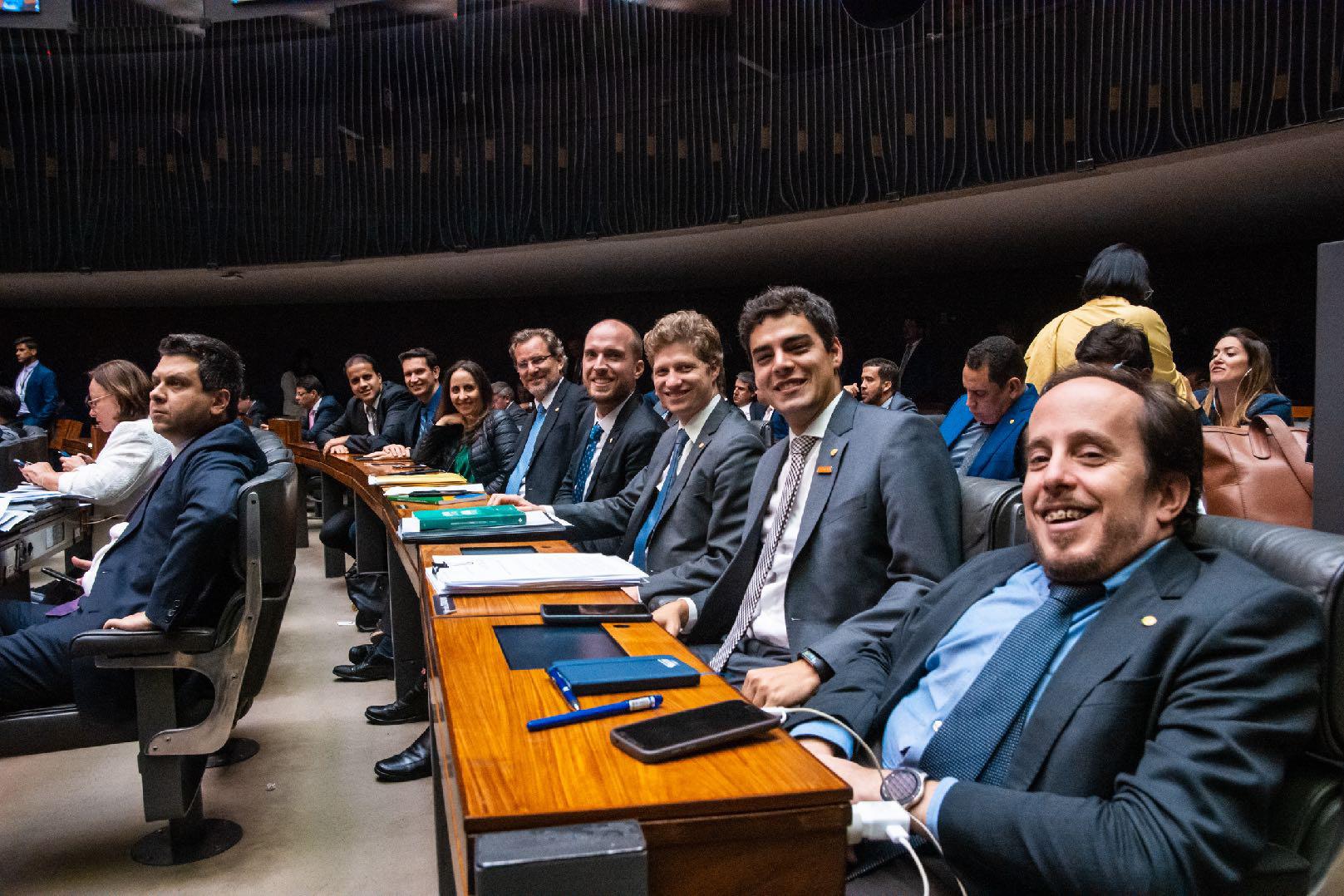
The first bill presented by NOVO in Congress proposed eliminating the Special Campaign Financing Fund (roughly half a billion dollars distributed to parties for their political campaigns). Political campaigns should be funded voluntarily by their supporters, not through taxpayerfueled slush funds.
All Brazilian parties are also legally entitled to a share of another fund specially created to maintain political parties: the “Party Fund”. NOVO refuses to use those funds as well, but there was no legal provision allowing the party to return that money to the public treasur y.
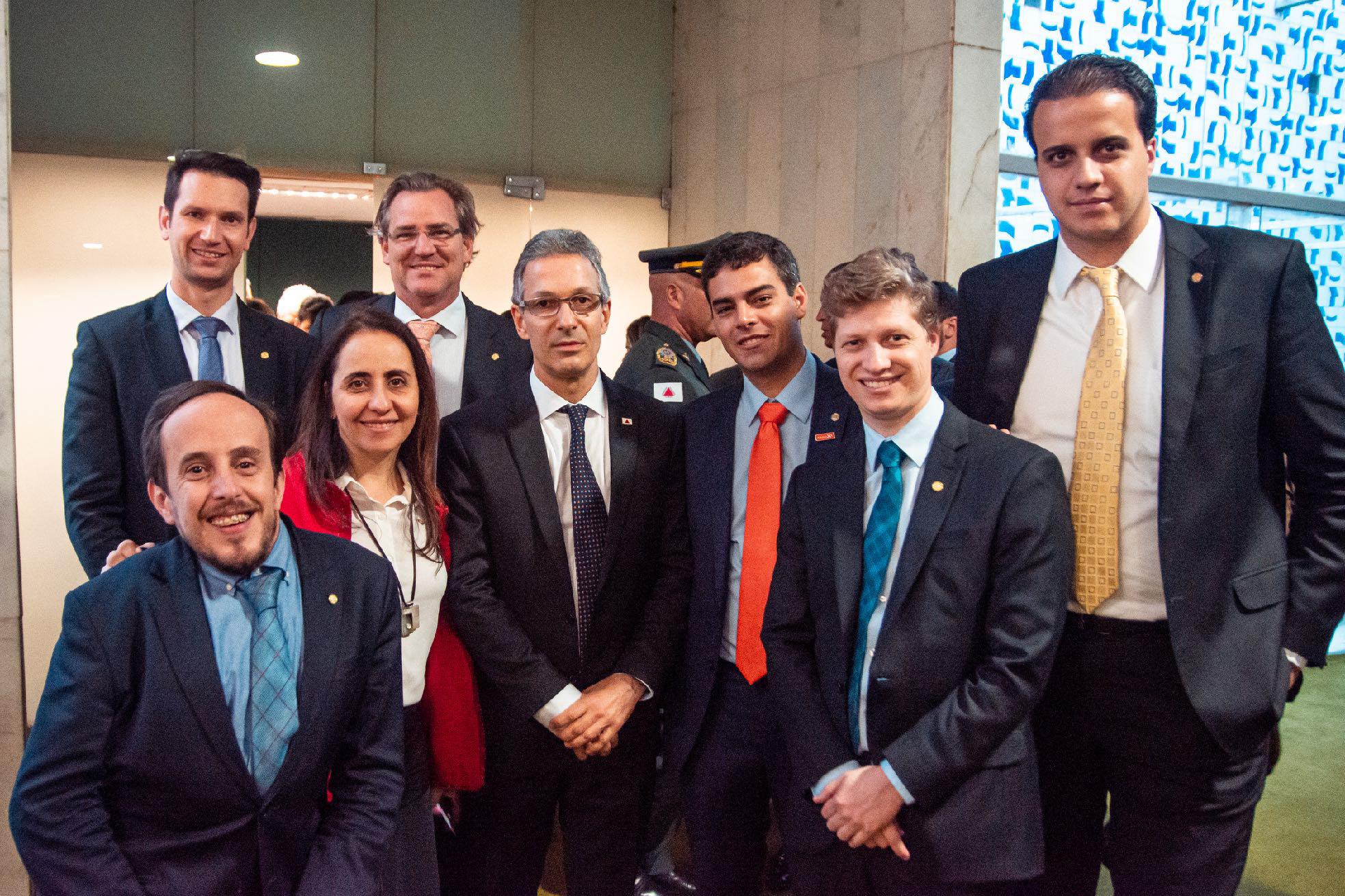
Therefore, NOVO also proposed a bill to authorize itself (and other parties) to refuse the Party Fund and return its share to the public treasur y, making it possible to increase investments in education, health and public safety.
NOVO's MPs have fought against legislation that would increase the electoral fund almost $1 billion USD, too.
NOVO representatives lead the Ethical Parliamentar y Front Against Corruption (Rep. Adriana Ventura is the president) and the Joint Parliamentar y Front in Defense of Prison in the Second Instance (Rep. Marcel van Hattem is vice-president).
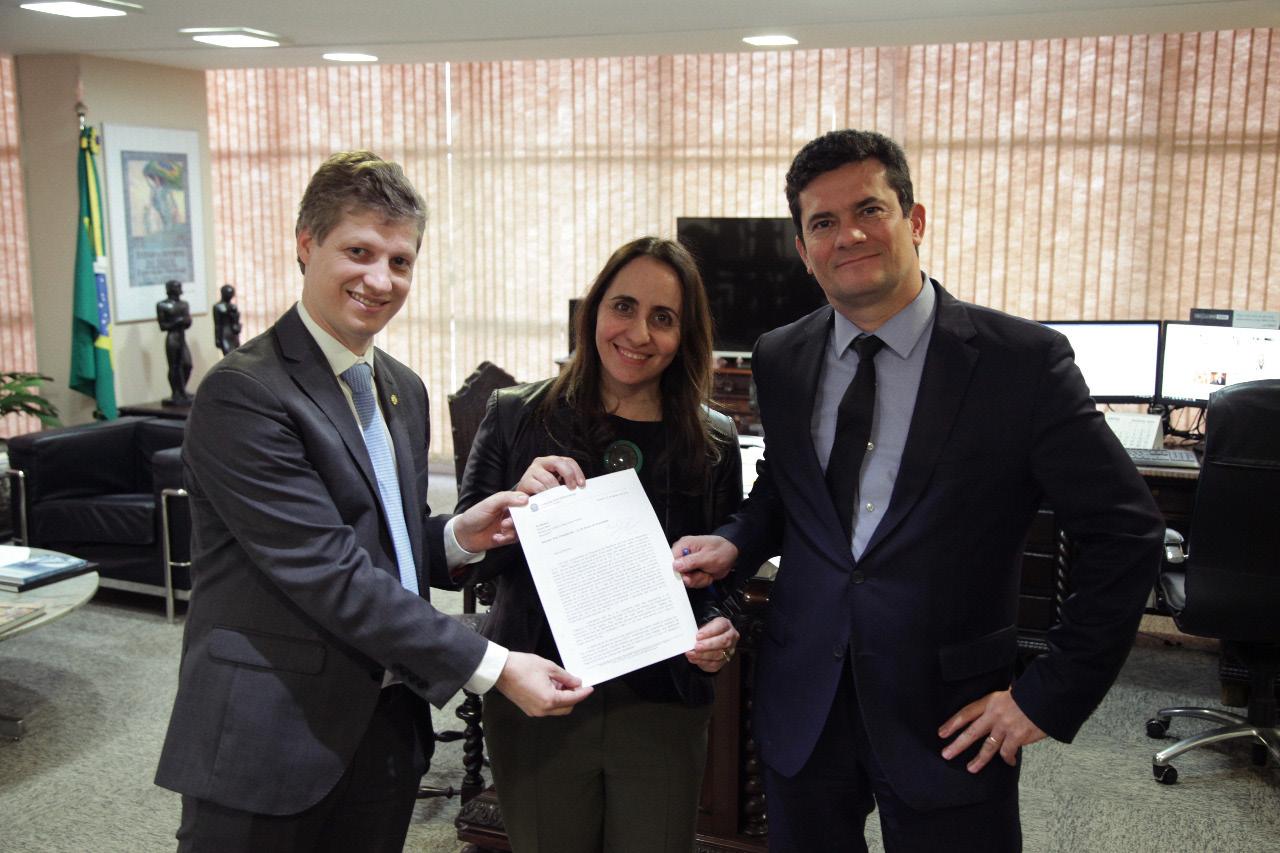
Rep. Gilson Marques presented a bill to allow the arrest of convicted criminals after losing their first appeal, and the whole bench has been defending this proposal tirelessly in the National Congress.
NOVO defended Operation Car Wash, which successfully uncovered the largest , most significant government corruption scandal in Brazilian histor y, involving multi-billions in bribes and laundered funds. NOVO also advocated for Justice Minister Sergio Moro's Anti-Crime Package of legislation.
Other key NOVO-backed items included the Economic Freedom Act- which will promote entrepreneurship in Brazil, open up Brazil’s aviation market to foreign companies, the unrestricted privatization of literally hundreds of Brazilian state-run companies, amongst which are Petrobras (oil), Eletrobras (generator and distributor of energy) and Correios (postal ser vices).
Rep. Lucas Gonzalez was able to pass a standing commission report with support from the majority of his Transportation Committee colleagues rejecting a bill that would exercise regulator y overreach and create an undue bureaucratic burden on Uber drivers.
Brazil is Uber ’s second-largest market after the US.
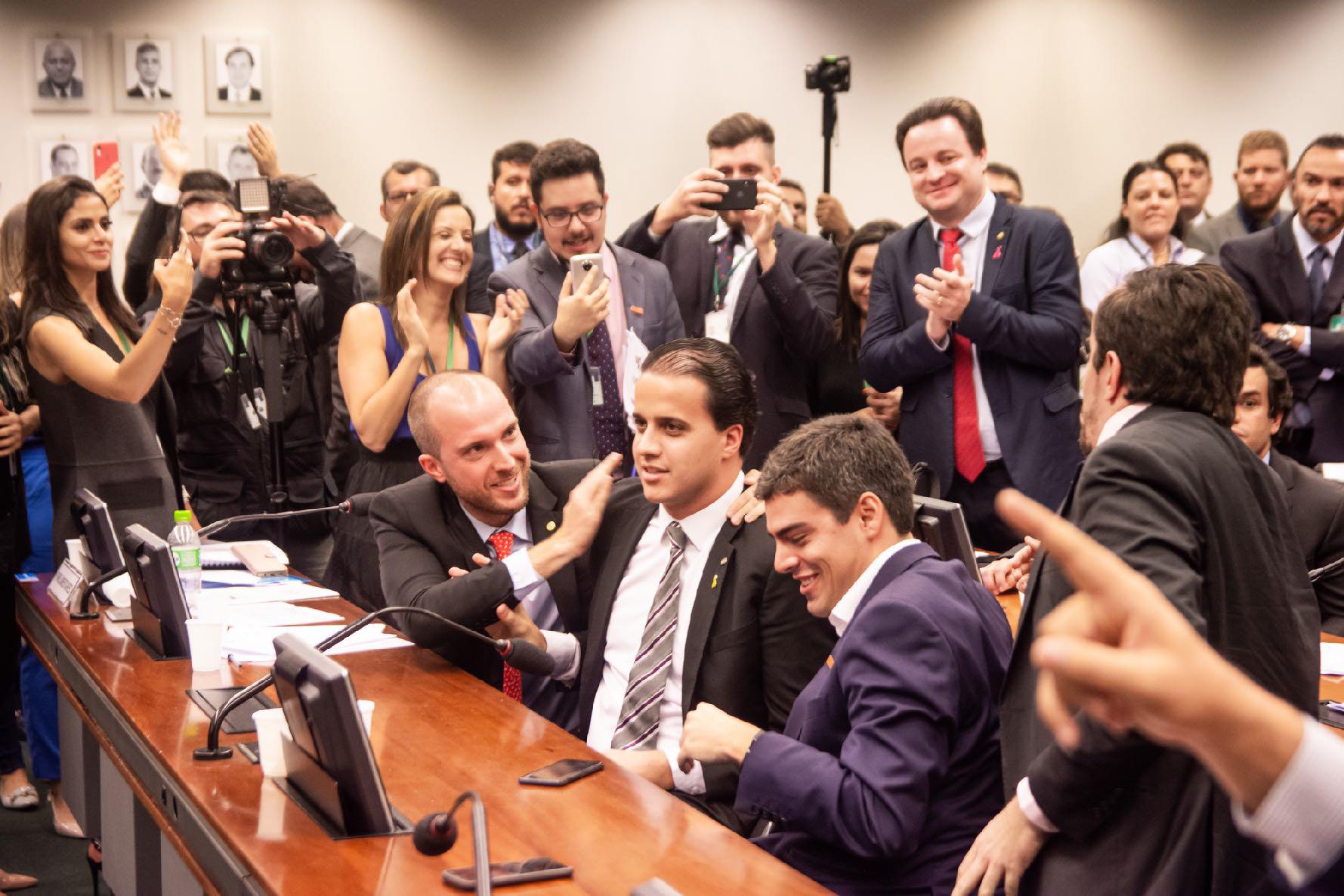
NOVO also concentrated efforts on the approval of legislation advocating for the universalization of basic sanitation, one of the most pressing social issues in Brazil. Currently, about 100 million Brazilians (half the countr y ’s population) do not have access to treated sewage and more than 35 million do not have access to treated water. Rep. Tiago Mitraud took the lead in this subject .
Rep. Vinicius Poit has proposed a Digital Government platform to streamline the relationship between citizens and the government , unify databases to allow ease of access to information, simplify processes and provide transparency and efficiency in ser vice provision, across all levels of government (federal, states and municipalities).
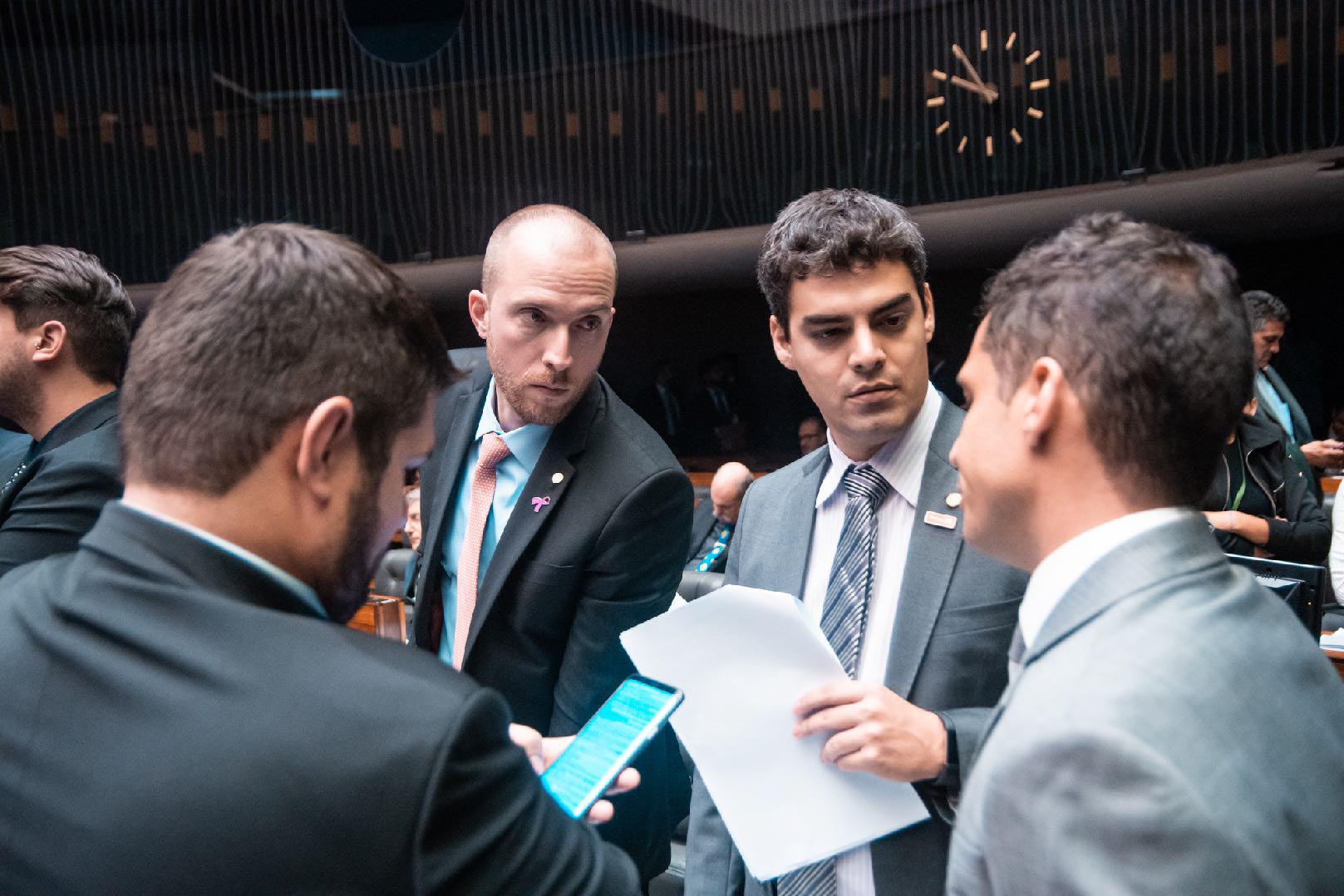
NOVO also championed legislation promoting natural gas market expansion, strengthening the supply for consumers. Rep. Paulo Ganime led the approval of the New Legal Gas Framework. Its main goal is to break Petrobras’ monopoly, removing barriers for new business to enter the market. Petrobras currently controls 100% of Brazil’s natural gas imports and roughly 77% of its production. The reforms are expected to attract billions of dollars in total investment and significantly increase overall GDP.
Tax reform is a priority for NOVO. Rep. Alexis Fonteyne continues to advocate for tax reduction in Brazil. This is one of the most pressing issues on the Brazilian economic agenda as a measure to help alleviate its current economic crisis.
NOVO promotes the simplification of taxes in Brazil, which is key for greater transparency, competition, and entrepreneurship.
